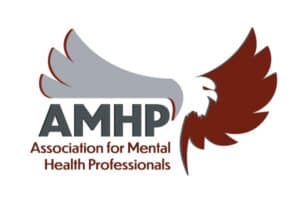The Four Horsemen of Holistic Mental Healthcare
 A client's introduction to your holistic approach to mental healthcare should begin the very first time they visit your website. We'll discuss that in-depth in another article. The very first live encounter a client has with your holistic approach to mental healthcare should be in your intake packet. I'm going to suggest that you include (4) questions and that you should ask, requesting detailed answers to each one to be discussed in your first session with the client.
A client's introduction to your holistic approach to mental healthcare should begin the very first time they visit your website. We'll discuss that in-depth in another article. The very first live encounter a client has with your holistic approach to mental healthcare should be in your intake packet. I'm going to suggest that you include (4) questions and that you should ask, requesting detailed answers to each one to be discussed in your first session with the client.
The Holistic Counselor's Treatment Mantra
Two things you should know, memorize and think about:
1. "The body, mind, and spirit are all connected."
This statement is seismic in its implications for the mental health community. If accurate it demands a whole-body approach to mental healthcare.
2. "The body knows how to fix itself. The body wants to fix itself. If we give it what it needs to repair itself, it will."
If this statement is true, and I believe it is, it undermines almost everything the allopathic (traditional medicine) community has told us for the last 100 years and points to naturopathic medicine as the answer to our national chronic illness epidemic (words chosen carefully).
The Four Horsemen of Holistic Mental Healthcare
The four questions are:
1. How much water do you drink each day?
2. How much sleep do you get every night?
3. What are you eating?
4. How much time do you spend exercising each week?
Before we take a closer look at each one let's talk about how you phrase these questions to get useful answers.
Phrasing is Everything
When you want a detailed answer to a question avoid asking questions that begin with, "Do you..." or "Are you..." because they typically end up being yes or no answers and that doesn't help you much. Don't waste the question! Instead, begin your questions with quantifying phrases like, "How much..." and "What types of..." or "What kind of...", phrases that beg a substantive reply from the client.
1. How Much Water Do You Drink Every Day?
We've all heard it before. "The body is made up of 98% water." Not coffee, tea, Gatorade, Red Bull, or Pumpkin Spice Latte; water. Yes, all drinks contain some measure of water but they're polluted with other non-essential chemicals. See the point? We're trying to get at how much actual water the client is consistently getting each and every day. You can give some small measure of credit for those other liquids but if that's all they're consuming then you have a water deficiency problem on your hands.
Even if they do consume straight water everyday a lot of people have no concept of how many "ounces" that might be. I'm going to suggest that you keep a bottle of water in your counseling office on a shelf so you can point to it and ask, "how many of those do you drink every day?" Works for kids, their parents, everybody.
I'm not going to tell you how many ounces of water to recommend to your client. There are several schools of thought out there (and formulas) and you'll want to come to your own rule-of-thumb regarding that but I will suggest what you might not want to do.
If the formula you use for water consumption recommendations indicates that your client needs to drink 3.5 gallons of water per day two things are going to happen. One, they ain't gonna do it, and two, your credibility for suggesting that will have just swirled down the porcelain bowl. Start slow. Suggest something they can/will do and increase it over time. Small bites, right?
2. How Much Sleep Do You Get Every Night?
If we don't get enough sleep it's going to affect us in a negative way both physically and mentally. Very few people in life can truly get by on 4 hours of sleep every night of their life. Most of us need a good 7-8 hours sleep so let's start there.
We're trying to determine how many hours of solid sleep the client is getting. We're not looking to become sleep experts but we do need to be able to spot possible contributors to a client's issues. Clients will hear the question a hundred different ways so some qualifying questions might be in order. For example:
- What time do you typically go to bed?
- How long does it take you to fall asleep?
- Do you wake up frequently? How many times?
- Do you dream? Do you remember your dreams?
- What time do you wake up in the morning?
- What time do you get out of bed? (Not the same thing as when you wake up!)
From questions like that you can quantify the volume of sleep they're getting and to some degree, the quality. And armed with that information you can make some recommendations.
3. What Are You Eating?
This question alone is probably the most important one on the list and you'll need a highly detailed accounting from your client. This may be something you accomplish via journaling rather than in your Intake Packet process.
If your client is eating at McDonalds for breakfast every day, snacking on Doritos mid-morning, eats a pre-packaged salad drowned in some chemical-laden dressing for lunch, has a Snicker Bar at 3PM, then goes home to a delivered pizza and washes it all down throughout the day with 3-4 Diet Cokes, then you have a problem on your hands.
If each time you fill your tank at the gas pump you put a couple spoonsful of sugar or a pinch of plant fertilizer in the tank what do you think that's going to do to your engine over time? How might that manifest in the short-term? We eat Cheetos full-time and can't figure out why we have mental health issues.
Our national food supply is devoid of the minerals we need because the soil our farmers till is depleted. Compounding the problem, chemicals are added to preserve, color, dehydrate, and better market them in the stores. Even the packaging contains chemicals that can leach into the food product. Our food supply, all of it, is a nutritional nightmare and most of our chronic disease as a nation is a direct result of this. We'll talk more in future posts and podcasts about how to address this issue but first you must determine to what degree it is a problem for your client.
4. How Much Time Do You Spend Exercising Each Week?
Exercise has many benefits which directly affect mental health. Exercise releases endorphins ("the feel-good drug") which make us feel happier. Exercise improves the condition of our overall physique which makes us feel like we've accomplished something. It also gives us a growing sense of pride. Does exercise improve mental health? I rest my case!
Some follow-up questions to bring the client's exercise routine into focus might be:
- How many days each week do you perform any type of exercise?
- Are you consistent with that schedule or is it sporadic?
- How long does the exercise period typically last?
- What types of exercise are you doing? (Walking, jogging, weights, aerobic, etc)
- What type of exercise do you like and what do you dislike?
My objective with this 4th question is not to turn the client into a gym rat or the next American Ninja Warrior contestant. If that's you, great! But don't expect that level of dedication from your clients. Start small and they'll increase it if they want to. I simply want to encourage them to get off the couch on a consistent basis, for a nominal period of time, doing something they like doing and will do. If just a little bit of exercise makes them feel better about themselves then the odds of getting them to comply with some of the more difficult changes they may need to make have just gone up!
Time For A Paradigm Shift?
Counseling is the process of helping clients cognitively process the issues in their lives that are bothering them to the point that they had to pick up the phone and schedule an appointment with you. That's my definition and it makes no provision for exclusion of any issue.
So what if it were true that 80% or more of the mental health issues that walk into your office could be successfully and completely addressed through these (4) questions? How would that affect your paradigm of mental health counseling?
Summarizing The Four Horsemen of Holistic Mental Health
Water and easy, nominal exercise are the fast, easy fixes. Sleep can be a simple fix (turn the tube off and go to bed!) or may require some 3rd party sleep studies, but odds are the food consumption patterns will be the Great North Face you and your client will have to summit together.
Ask the questions, phrase them properly, and diagnose accordingly. Whether you do that through your intake packet process or start each session with these questions or work them in later is totally your procedural call to make.
The body, mind, and spirit are connected. The body wants to heal itself, knows how, and is just waiting on you to feed it the right combination of foods, water, sleep and exercise. Then all you have to do is get out of its way! The four questions above will help you help your clients do just that.
We got this!
Got Something to Say?
These posts are based on the beliefs and personal experience of the post's author. Please feel free to leave your civil, constructive comments below. We try very hard to back up our statements with fact-based data and we ask you to do the same in your comments. You do not need to be logged in to leave a comment.
About the Author
 Kathleen Mills is a fire-breathing, 32+ year veteran of the counseling world. People react in one of two ways when evil touches their lives: some retreat in fear, and some advance without pause to engage it. Kathleen falls firmly in the latter group. She owns and operates Life Tree Counseling in Frisco, TX, possesses a tireless work-ethic, and eagerly awaits your arrival into her growing army of warriors.
Kathleen Mills is a fire-breathing, 32+ year veteran of the counseling world. People react in one of two ways when evil touches their lives: some retreat in fear, and some advance without pause to engage it. Kathleen falls firmly in the latter group. She owns and operates Life Tree Counseling in Frisco, TX, possesses a tireless work-ethic, and eagerly awaits your arrival into her growing army of warriors.
